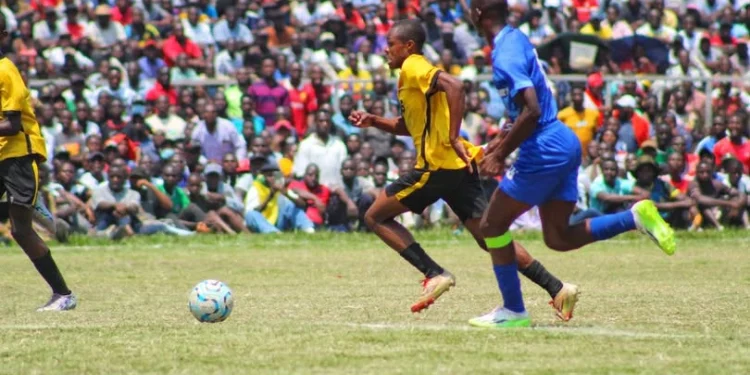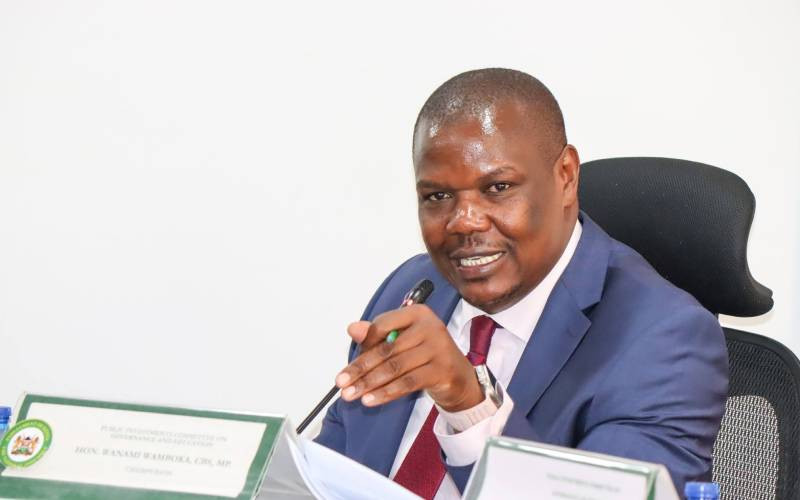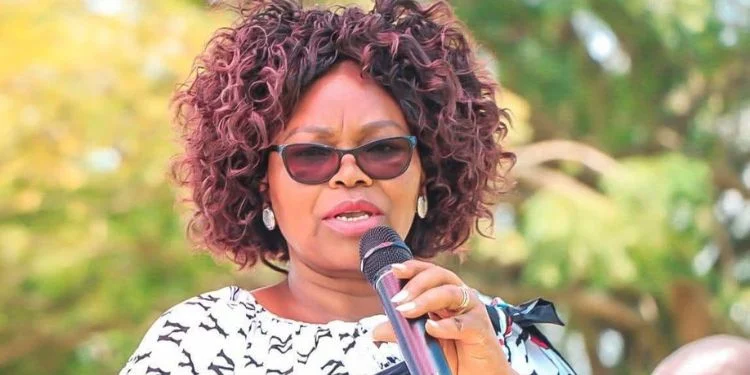Schools that want their students to attain marvellous mastery of content should focus on formation of effective group discussions. In a colossal sense, groups should be a cocktail of abilities. Then, no group should execute any task that is outside the framework of scheduled timetabled activities.
To augment this argument, pertaining memory and mastery of content. Research postulates: Lecture method of teaching account for 5 per cent. Reading of notes is 10 per cent. Audio-visual is 20 per cent. Demonstration is 30 per cent. Discussion is 50 per cent. Practise through exams accounts for 75 per cent. Peer teaching and presentation carries the lion’s share – 90 per cent.
Ipso facto, 50 per cent is not a small percentage. Therefore, it justifies consolidation of group discussions in schools across the country as recommended in Best Academic Practices. Ideally, every group should have an able group leader.
Every group must set targets. Then, there should be a group name, objectives and raft of rules. If possible, reshuffling of group membership should be applicable. Group leaders should have periodic meetings with academic teams to share data collected from the groups. Group leaders should have an in-depth training on effective ways of managing the groups.
Actually, most of our schools have group discussions, but the only challenge is that roles of the groups are not spelt out well. Yet, effective group discussions should be set aside for guided discussions, group exams, making of marking schemes, peer teaching, consultations and contests.
Candidates should be encouraged to share knowledge through peer teaching. Those who find it difficult should see sense in the wise words: A candle does not lose light by lighting another candle. In fact, more light comes the room when more candles are ablaze.
Delving deeper, guided group discussions encompass general discussions, but teachers should are present. To move from one group to the other. Responding to areas students are experiencing difficulty. In group exams, students are given exams to do in groups. As they discuss the questions in groups, and one member pens responses on a piece of paper, mastery of content happens. Group exams should be marked. Results released, and revision done.
Consequently, the making of marking schemes, students get past papers. Let them use approved or core text books to get appropriate responses. Subject teachers should caution candidates against putting plenty of faith on every revision books.
For some revision books are shallow and rife with factual goofs. Group consultation is a stupendous strategy that works well in schools that suffer from paucity of teachers. For effectiveness, students should remain in groups. Then, teachers hop from group to group. Busy like bees. Responding to various areas of concern.
Apart from the common group discussions that are ubiquitous in our schools, there are four major types of group discussions namely: Socratic seminar, fish-bowl, Jig-saw and think-pair-share. In Socratic seminars, the teacher, or even the group leader has several quality questions that they pose for members to provide appropriate responses. These are open-ended questions, which should encourage members to think critically about the content of the syllabus.
READ ALSO:
Excitement for jua kali sector as informal qualifications are now recognized
Moreover, fish-bowl model is the best for the weekend programme. A few students take turns actively participating in the discussion as the rest of the class sit back and serve the role of being active listeners. The inner circle is of active participants, but the outer one – observers. Each one must have assigned roles. In Jig-saw, the student becomes an expert in a certain area, and generally shares the requisite knowledge with fellow students. Students are put into small groups.
Each group discusses, and learns more pertaining a particular topic. There is the reshuffling of students to create new groups with representatives from each previous group. In the new groups, each student becomes responsible for sharing essential aspects of their original discussion.
Furthermore, in think-pair-share, each student works independently on a particular topic, which everyone is handling. Sharing is caring. Therefore, in this method, students meet. They share their readings, research and findings.
Finally, it is important to explore a few reasons most groups discussions fail. Sometimes, it is due to lack of proper orientation pertaining roles. Poor training of group leaders. Failure to schedule the time for group discussions. Lack of defined activities. Groups also fail and fall because students do not know what to do. Then, there is lack of good guidance.
By Victor Ochieng’
The writer rolls out academic talks and training programmes.
vochieng.90@gmail.com. 0704420232
Get more stories from our website: Education News
To write to us or offer feedback, you can reach us at: editor@educationnews.co.ke
You can also follow our social media pages on Twitter: Education News KE and Facebook: Education News Newspaper for timely updates.
>>> Click here to stay up-to-date with trending regional stories






